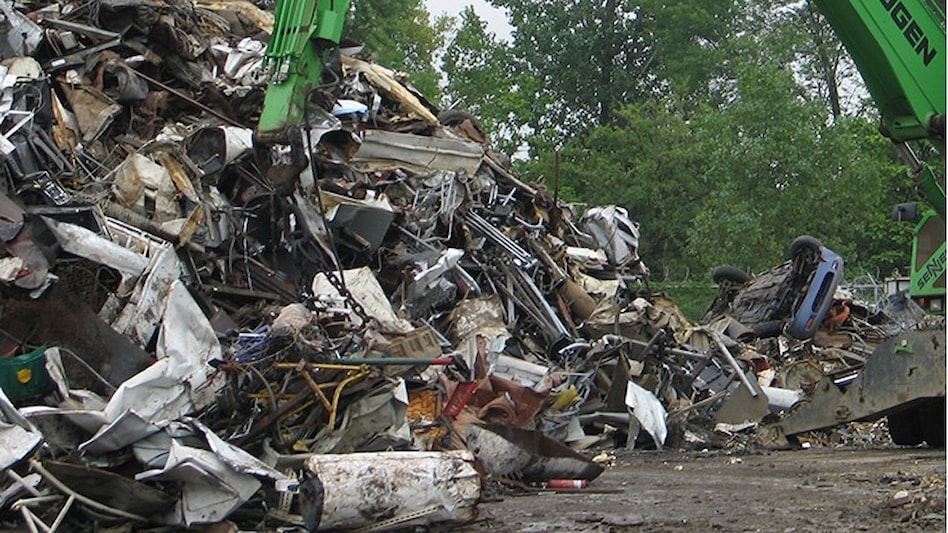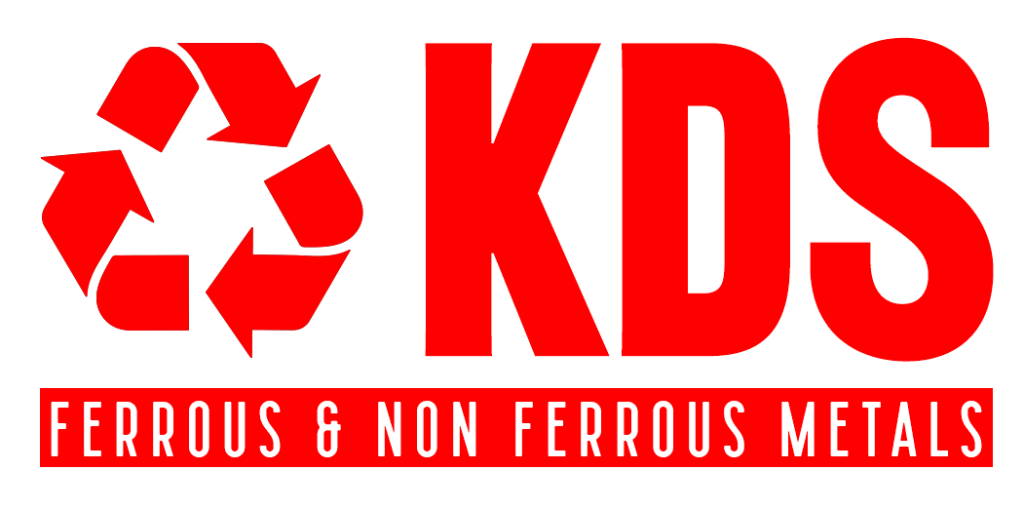Ferrous Metals

Ferrous Metals
Ferrous metals are a group of metals that are primarily composed of iron and have varying amounts of carbon and other elements. These metals are widely used in a range of industries due to their strength, durability, and ability to be easily manipulated. In this article, we will explore the properties of ferrous metals, their common applications, and the advantages and disadvantages of using these materials.
Properties of Ferrous Metals
Ferrous metals are characterised by their high strength and durability, making them ideal for applications that require materials with a high degree of toughness and resistance to wear and tear. They are also magnetic, which makes them useful in a variety of applications where magnetic properties are required, such as in motors and generators.
One of the defining characteristics of ferrous metals is the amount of carbon they contain. Steels, which are a type of ferrous metal, typically contain less than 2% carbon, while cast irons, another type of ferrous metal, contain between 2% and 4% carbon. The amount of carbon in a ferrous metal affects its properties, such as its strength, ductility, and hardness.
Common Applications of Ferrous Metals
Ferrous metals are used in a wide range of applications, including construction, manufacturing, and transportation. Steel, for example, is widely used in construction due to its strength and durability. It is also used in the automotive and aerospace industries for its ability to withstand high temperatures and stresses.
Cast iron is another type of ferrous metal that is commonly used in applications such as engine blocks, pipes, and machine tools. Its high carbon content makes it more brittle than steel, but also gives it excellent wear resistance and the ability to be cast into complex shapes.
Stainless steel is a type of steel that contains chromium, which gives it excellent resistance to corrosion. This makes it ideal for use in applications where resistance to rust and staining is required, such as in kitchen appliances and medical equipment.
Recycling ferrous metals is an important process that not only helps to reduce waste but also conserves natural resources. By recycling ferrous metals, we can reduce the need for raw materials and conserve energy that would otherwise be required to produce new metal. It also helps to reduce greenhouse gas emissions, as recycling metals requires less energy than producing new metal from ore.
